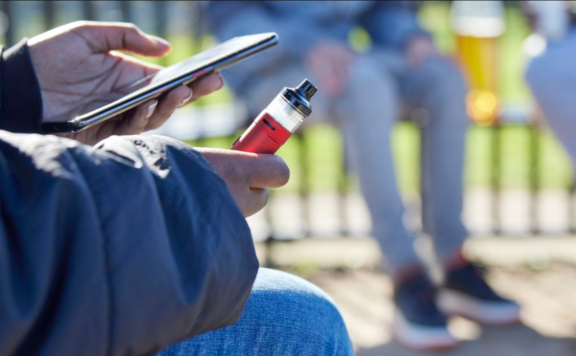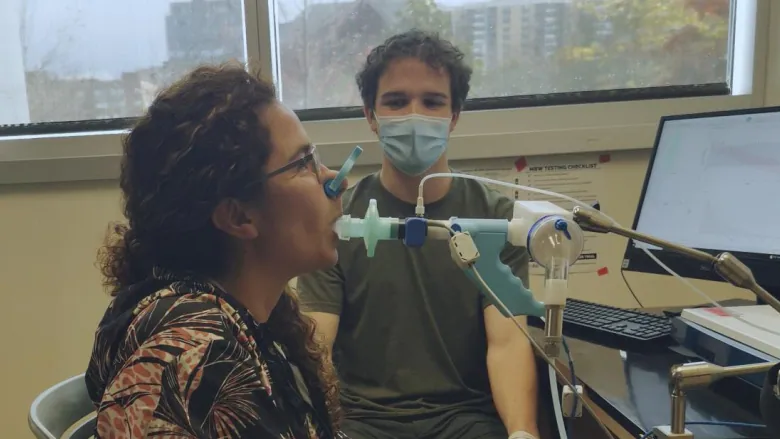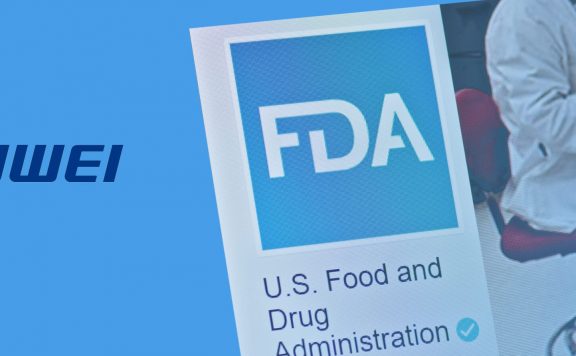In 2019 vapes gained notoriety when they were linked to the EVALI pandemic. EVALI, a serious pulmonary illness became a major pandemic in the United States, but this was not the first time the illness was reported in the country. This coincided with the unprecedented increase in cases of youth using vaping products. In 2018 a survey showed about 13 million youth in the united states were using vaping products. This represents about 25% of the youth in the country.
It did not take long before studies began to link EVALI diagnosis in America to vaping. Studies found that most of those who suffered from these lung injuries were using vaping products. But as the pandemic evolved sceptics began to question whether vaping was the main causative factor to the pandemic. This led to the 2021 American Thoracic Society workshop that was organized to look into the major factors causing EVALI. The workshop was organized to seek the right answers to all questions surrounding EVALI to prevent outbreaks in future.
EVALI Management Public Health Initiatives
The experts who attended the workshop want the government to prepare a national case registry to help them comprehensively study the EVALI and related diseases burden. This is important to help identify the chemical constituents and the biological alterations that cause the disease. Furthermore, they say that there is need for a dedicated coding systems to accurately document all EVALI and related illnesses in the country. This coding system should be designed to also collect information on vaping product components.
It is also expected that the FDA will establish the right product standards and regulate all nicotine products sold in the country. This is important in making sure that harmful chemicals such as VEA do not find their way into vaping products sold to the public.
To further enhance the safety of vaping in the country both the federal governments and the state governments are expected to establish regulatory frameworks to manage the production and use of cannabinoids and other e-cigarettes. This will go hand in hand with the continued public awareness campaigns to educate the public on the risks associated with vaping products.
EVALI Management Clinical Initiatives
Experts also say that more clinical training is needed to help health professionals properly evaluate patients. This is the only way to make it possible for professionals to thoroughly assess exposures to causative agents such as vaping products. This will also make available the necessary information for researchers to carry out studies on EVALI patients to provide better treatment protocols in future.
Already consensus is needed to define EVALI. There is also a need for consensus on how the diseases are diagnosed and all therapeutic management algorithms to be used. This means that there is a need for the CDC guidelines to be reviewed.
Conclusion
The EVALI workshop calls for urgent measures to be put in place to establish a national case registry for EVALI. There is also a need for continued public education on the risk of vaping products. There is also a need for health professionals’ education on screening for vaping exposures. Furthermore, more research is needed on the dangers of e-cigarettes. All these will help manage cases of EVALI outbreaks in future.







